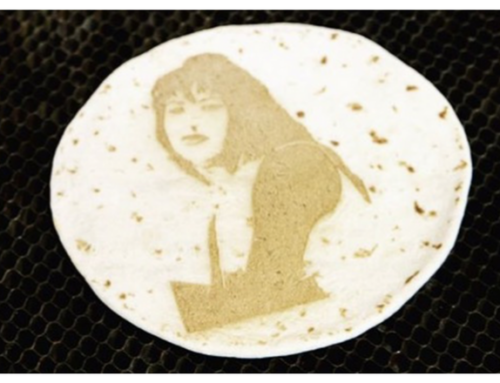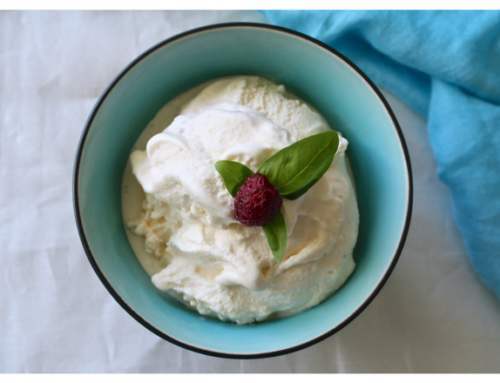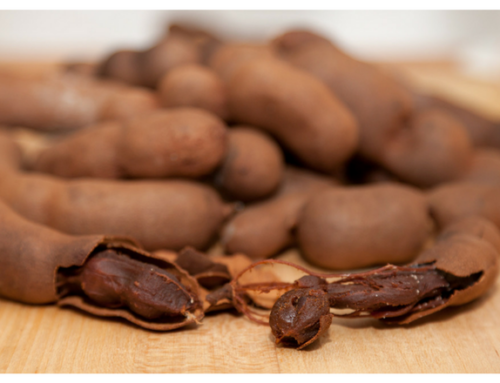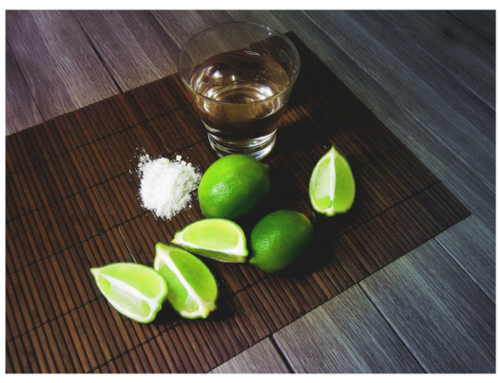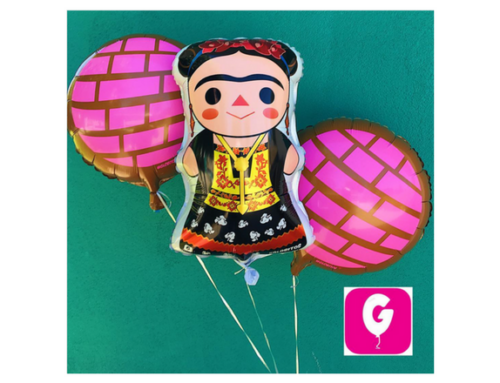Pati Jinich is a modern woman who embraces traditional gender roles. The mother of three boys and wife to a “macho man in disguise,” she’s also a former political analyst with a Masters in Latin American studies turned cooking teacher, cookbook author, TV host, and the official chef of the Mexican Cultural Institute in Washington DC.
If women can’t have it all, no one told Pati Jinich. We sat down with the uber-accomplished Mexican chef and got her thoughts on everything from feminism to Mexican cultural appropriation to Selena. Here are excerpts from the exclusive interview. [pagebreak]
The Latin Kitchen: Tell us a little about your latest cookbook, Mexican Today. How is it different from your first cookbook, Pati’s Mexican Table?
Pati Jinich: It’s very different from Pati’s Mexican Table. I love every single recipe in that cookbook, but at the time that I wrote it, I didn’t want to disappoint Mexicans and my country; you know, that people might say, “Pati’s in the U.S. and she’s doing things not in a real authentic way.” I was worried about upsetting Mexican purists… and I also wanted to make it accessible for second and third generations that are living here in the U.S. and Americans who aren’t Mexican. So I was walking a little bit of a fine line.
TLK: And you don’t feel that pressure with the new cookbook?
PJ: Well, I’m more self-confident about my tastes now, and also, Mexican Today reflects my realization that Mexican cuisine is constantly getting fresh air and evolving… I mean, I’m very nostalgic about Mexico and I miss its customs and traditions, but at the same time, I live here and that distance givess me a lot of freedom. Plus, I think people here are really ready to try new things when it comes to Mexican food. A lot has changed.
TLK: What does your husband, who you’ve referred to as a “macho man in disguise” think of your career?
PJ: He was a big part of my decision [to begin cooking professionally]. I think he’s really a dichotomy, so I’m kind of joking when I say this. He’s very liberal and he’s very supportive and has always been very enthusiastic about having a wife that works and feels satisfied and can contribute to our family and everything. At the same time, he has that Latin idea about him. [pagebreak]
TLK: And that means?
PJ: Well, he likes women to have a female role. But at the same time, he has a mother and a grandmother that were, like, overachieving professional women. They worked outside the house and were very successful… In our house, I do most of the things that have to do with home and our kids. I mean, he doesn’t even put cereal onto his bowl. But he is a wonderful man and he is amazing with our kids. He’s the one that does all of the adventurous stuff with the kids.
TLK: It sounds a bit old-fashioned, though I mean that in a good way. Women make things more beautiful in the world, at least in my opinion, and though making life more lovely doesn’t have a salary, it’s a very important role.
PJ: I agree. I mean, I don’t know how politically correct it’s going to sound, but I have three boys, and you know, having all men around and being the woman at home, being the one that nurtures, being the one that, as you say, ‘makes life beautiful’ – the one that puts the flowers, the one that heals, the one that feeds – there’s so much power in that.
TLK: Are you a super protective mother?
PJ: Well, I have an 11th grader, a 9th grader, and a 4th grader, and I remember the first time that I took my oldest son to his first high school dance. We dropped him off and as he walked in, we saw a girl run up to him and give him a hug. I grabbed my husband and said, “Who is that girl?” So yes, maybe a little. [pagebreak]
TLK: What do you cook at home?
PJ: I like trying new recipes and ingredients, but really, I’m a historian at heart and I love rediscovering and bringing the older, traditional, passed-down recipes to the fore. One of the chapters in Mexican Today that shows this is the enchilada chapter… enchiladas are one of the most beautiful ways to dress up a tortilla. I tried to find regional enchilada recipes that not many people know in the U.S. and tried to showcase them. And if you can do Taco Tuesday, why not also have an enchilada night? I think this will be the next big thing.
TLK: You are a cultural ambassador, both metaphorically and literally.
PJ: I feel like part of my role is to break myths and preconceptions about what Mexicans looks like, what we sound like, what we eat, and what our culture is. A lot of it is trying to show that Mexican-ness and Mexican cooking is not something that you can put in a box or define as three or four things. Mexican food and culture and cuisine keeps evolving. But it’s an evolution that takes place on the base of very sturdy pillars.
TLK: I love that. It’s very poetic.
PJ: Well, Mexican cuisine is just like French or Italian or Chinese or any other. If it doesn’t evolve and get new air, it dies. And you know, that can be a metaphor for Mexican culture, too.
TLK: But what about the appropriation of Mexican culture? A lot of people get mad about Tex-Mex or recipes that don’t feel authentic.
PJ: I strongly believe that Mexican cuisine has grown borderless. That doesn’t mean that it’s not defined or that it’s no longer authentic. It just means that we have to expand on the definition because there are countless communities of Mexicans living in the U.S. and elsewhere that have created their own new regional Mexican cuisine: Zapatecans living in LA and Poblanos living in New York and so many different people and influences everywhere. These communities bring their ingredients and techniques to new places and they marry them with the influences that surround them so that it becomes something new and beautiful but still fundamentally Mexican. [pagebreak]
TLK: So you’re ok with Mexican fusion food?
PJ: Yes. I mean, I think there’s immense value in preserving the things that we pass down and that make us strong and connect us. I love it that I can make green enchiladas in my home that I know my nieces and nephews are eating in Mexico City. There’s such beauty in that. But at the same time, I think new regional classics and new traditions are equally amazing. Some [food] experiments are just horrible, but some are great …
TLK: Which is why they’re called experiments.
PJ: Exactly!
TLK: Let’s switch to a more humorous note. You host cooking demos and your TV show Pati’s Mexican Table. Do you ever get nervous for these appearances, and if yes, do you have a tactic for dealing with nerves, like imaging the audience naked or something similar?
PJ: I once had nerves so bad that I couldn’t speak… But my husband’s sister who used to do a lot of public speaking gave me good advice. She said, “Make the first thing you say something funny about yourself because it shows people that you are vulnerable and it creates a bond of empathy and trust. They realize you’re a human being just like them, and that you’re not trying to prove you know more than them. It gets the audience on your side.” I found that advice really helpful, also because I love to make people laugh. And then, I just generally try not to get caught up in self-criticism because that will lead to a spiral of self-doubt, and this doesn’t help you progress.
TLK: Good advice. Speaking of criticism, you’re a former D.C. political analyst and have a master’s degree in Latin American Studies. What would your former politico-self say about this year’s Presidential election, specifically Donald Trump’s ascendency within the Republican party?
PJ: You know what, I have to say that this Presidential race has become serious entertainment in my family. I mean, we are not really political. I used to be interested in a philosophical way, but since I switched careers, I really just read the food sections of the newspaper. I have an idea, of course, of what’s going on, but I don’t follow it with a passion. But, really, this election is like something for Comedy Central… I think it’s very possible that he could win, though. The only comforting thing about that is that the U.S. has such strong institutions – a strong Congress and strong state legislatures and a solid judicial system – so there is balance of power. Whoever gets elected cannot just come in and do whatever. There is a rule of law in this country. In many other countries, when a demagogue comes to power, there is, unfortunately, nothing to check off his power. But we are lucky here. Institutions function here, maybe not perfectly, but a lot better than in some countries. [pagebreak]
TLK: And now it’s time for our quickfire questions. Fill in the blank in the following sentences with the first thing that comes to your mind.
PJ: Oh boy. Ok.
TLK: If I were a telenovela star, my name would be…
PJ: Lolita
TLK: My favorite telenovela is…
PJ: Lola la Trailera
TLK: My favorite song to cook to is…
PJ: La Carcacha by Selena
TLK: Social media – love it or hate it?
PJ: Love it, especially Facebook. But I need to take breathers from it every once in a while.
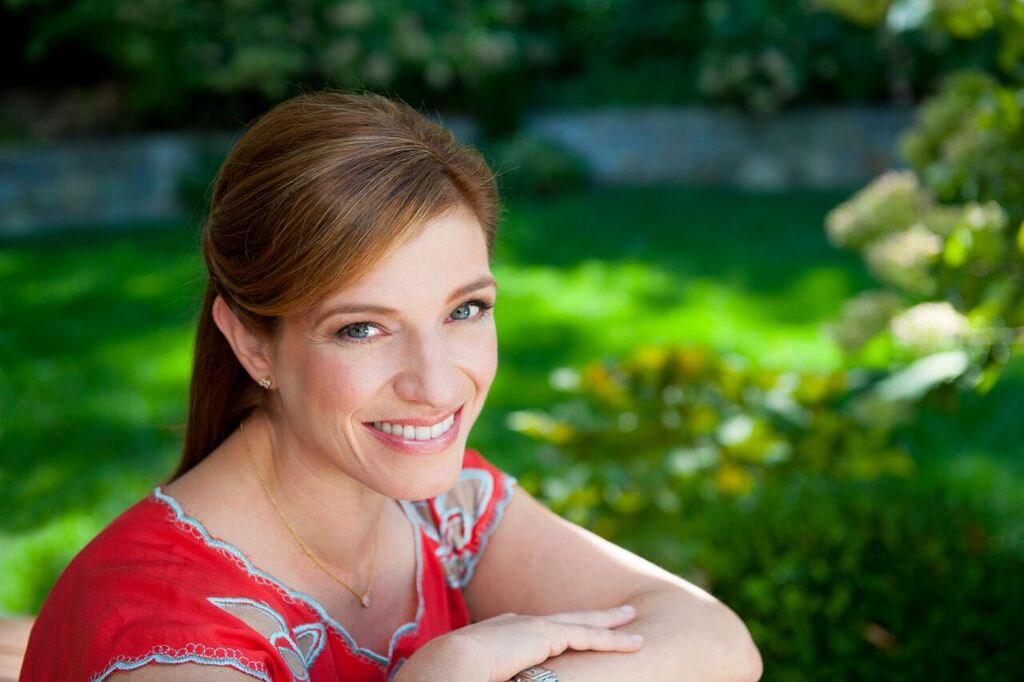

![Making Mealtime Matter with La Familia: Easy Sofrito [Video]](https://thelatinkitchen.com/wp-content/uploads/2015/10/sofrito-shutterstock__0-500x383.jpg)
![Easy Latin Smoothies: Goji Berry Smoothie [Video]](https://thelatinkitchen.com/wp-content/uploads/2015/12/goji_berry-shutterstock_-500x383.jpg)
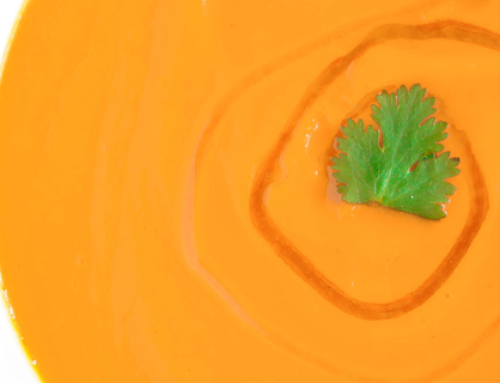
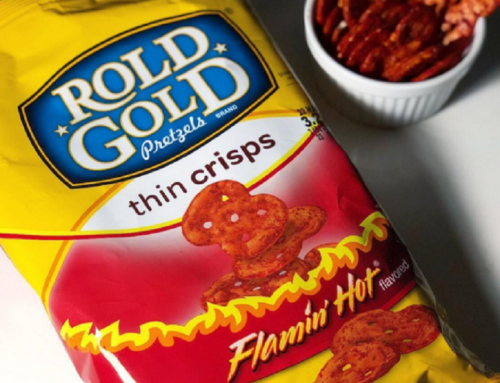
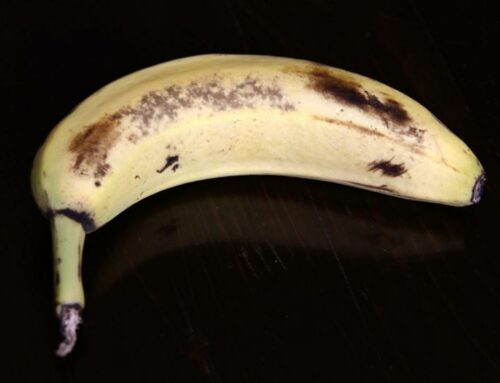


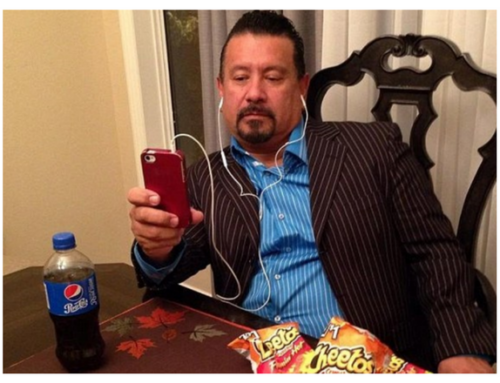
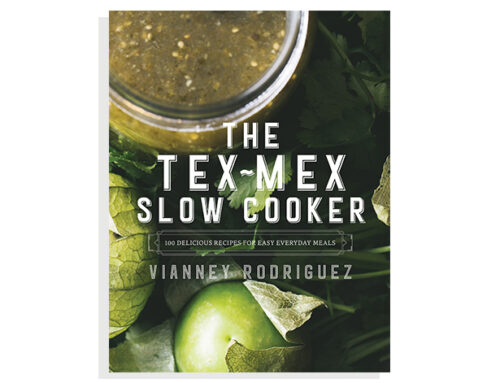
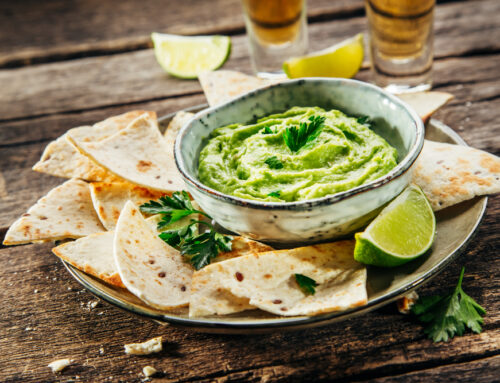

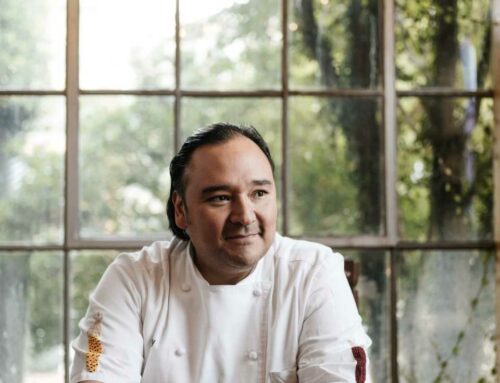
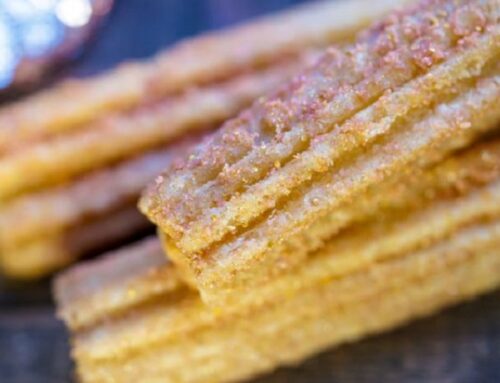
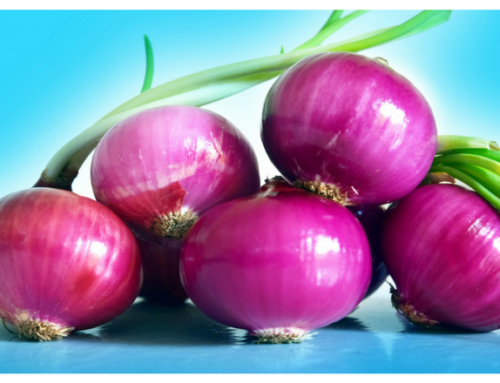




![Fun and Fast Recipes: Fiesta Cabbage Salad [Video]](https://thelatinkitchen.com/wp-content/uploads/2015/11/fiesta_cabbage_slaw-shutterstock_-500x383.jpg)
